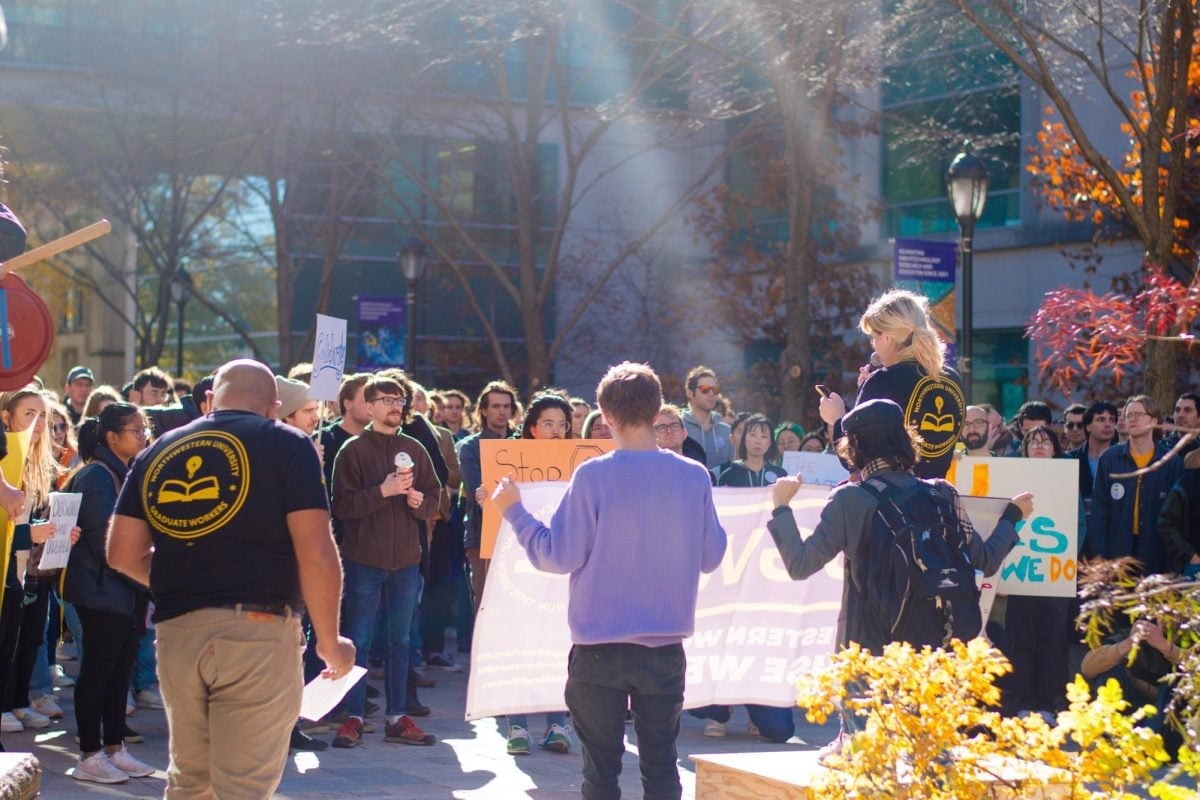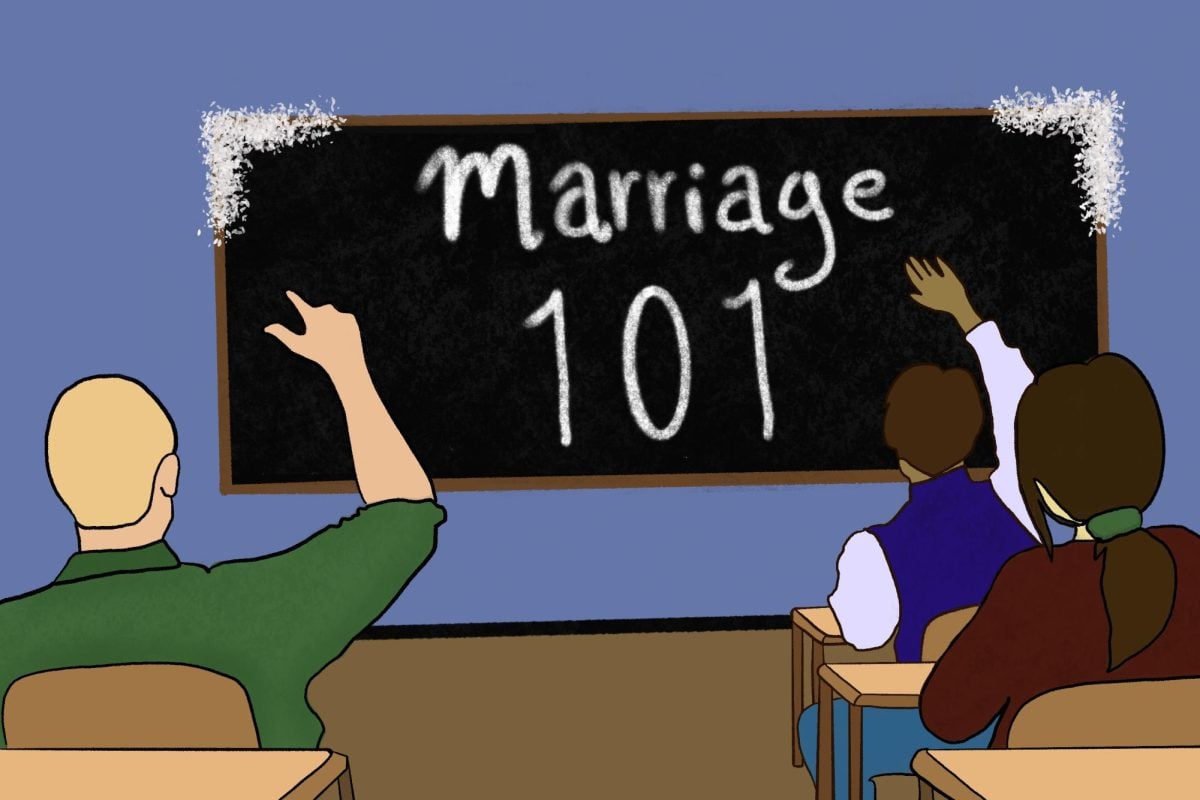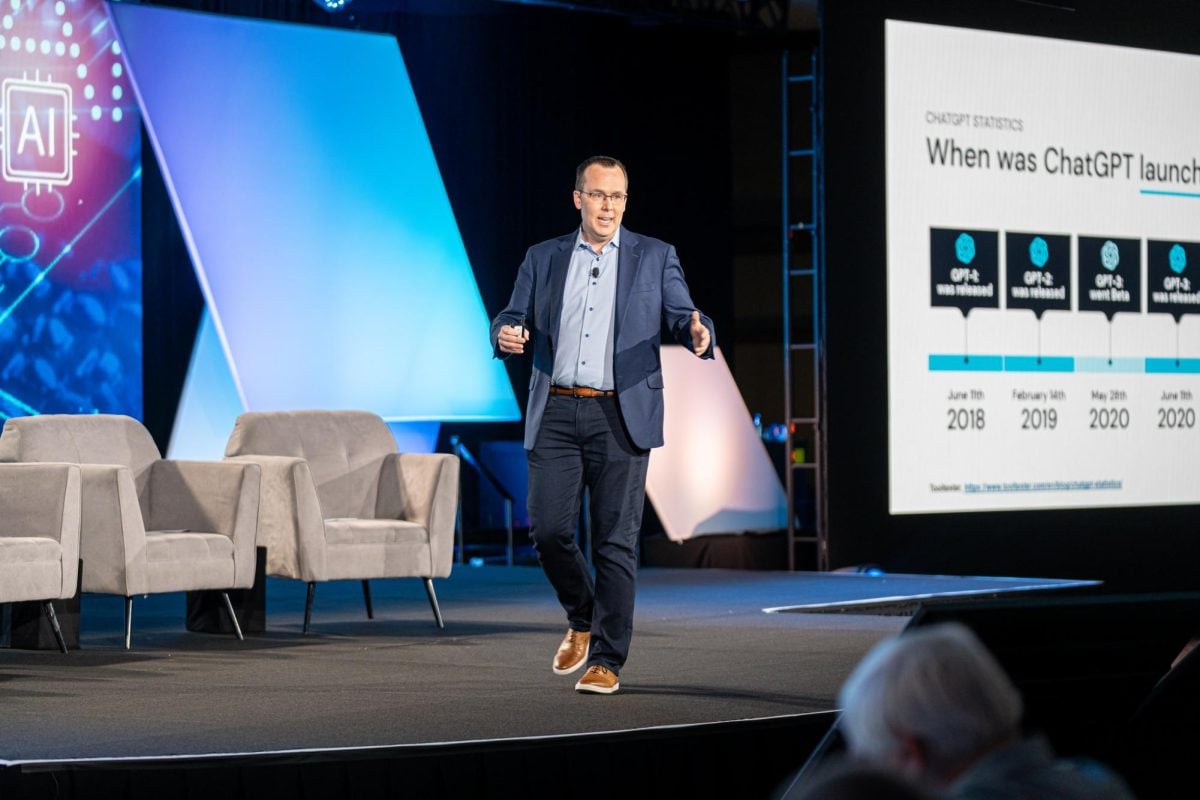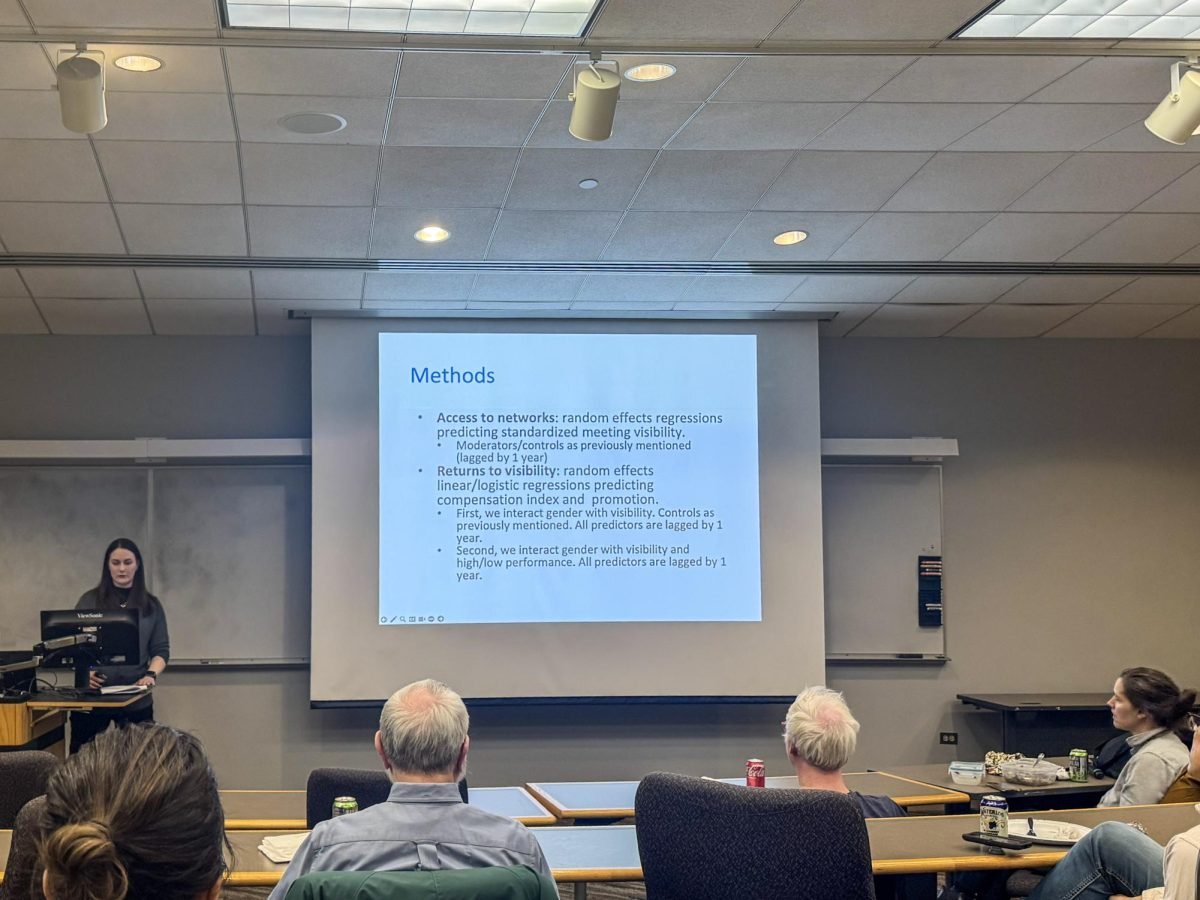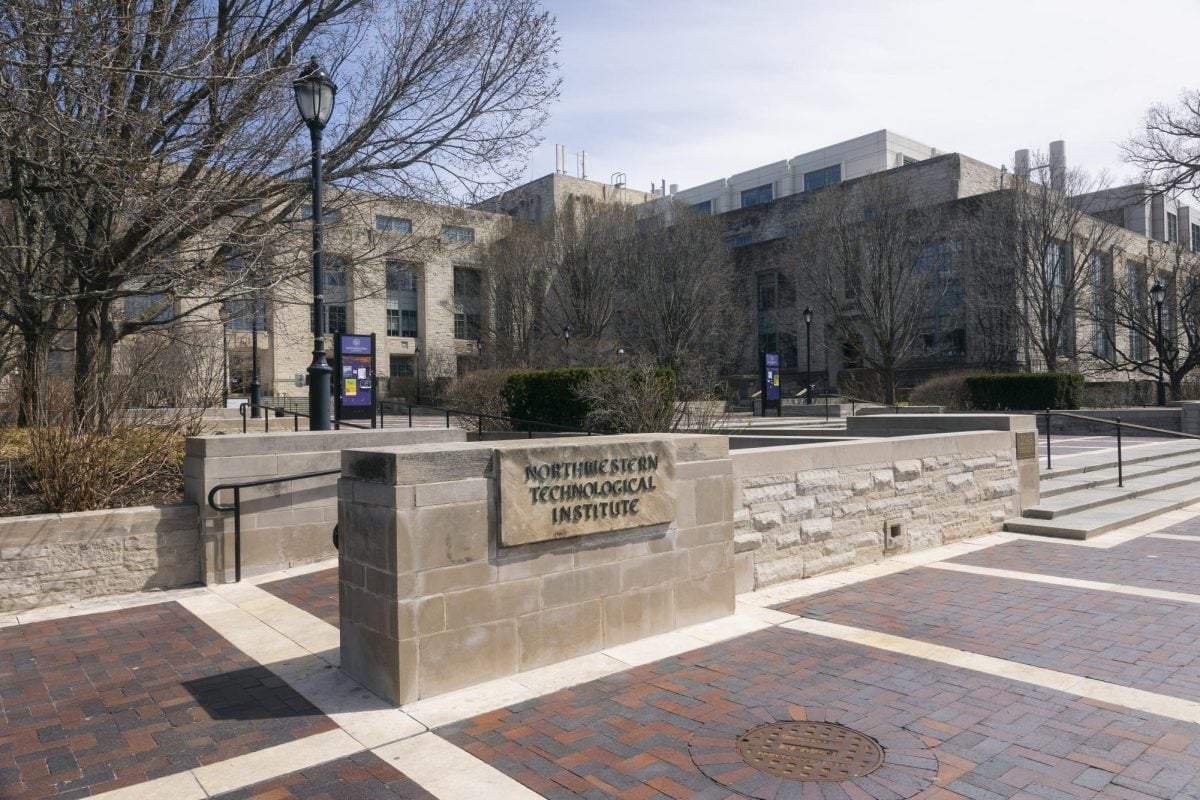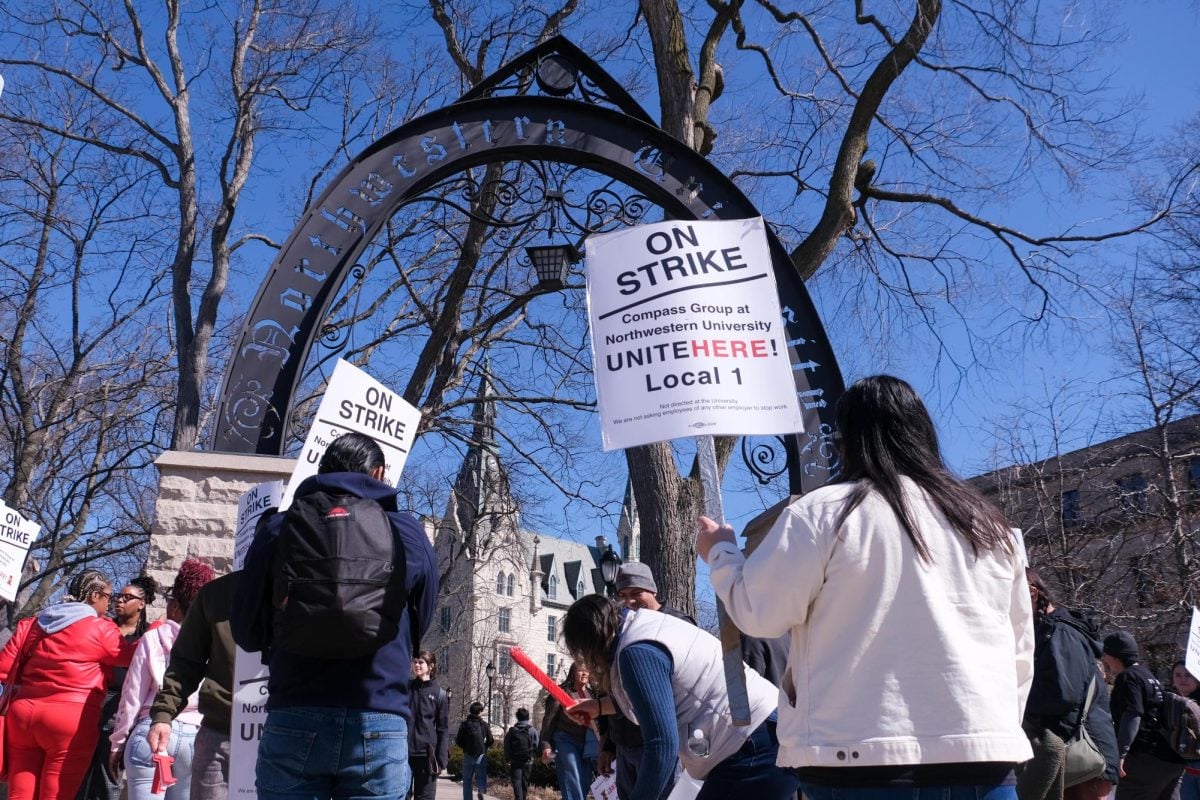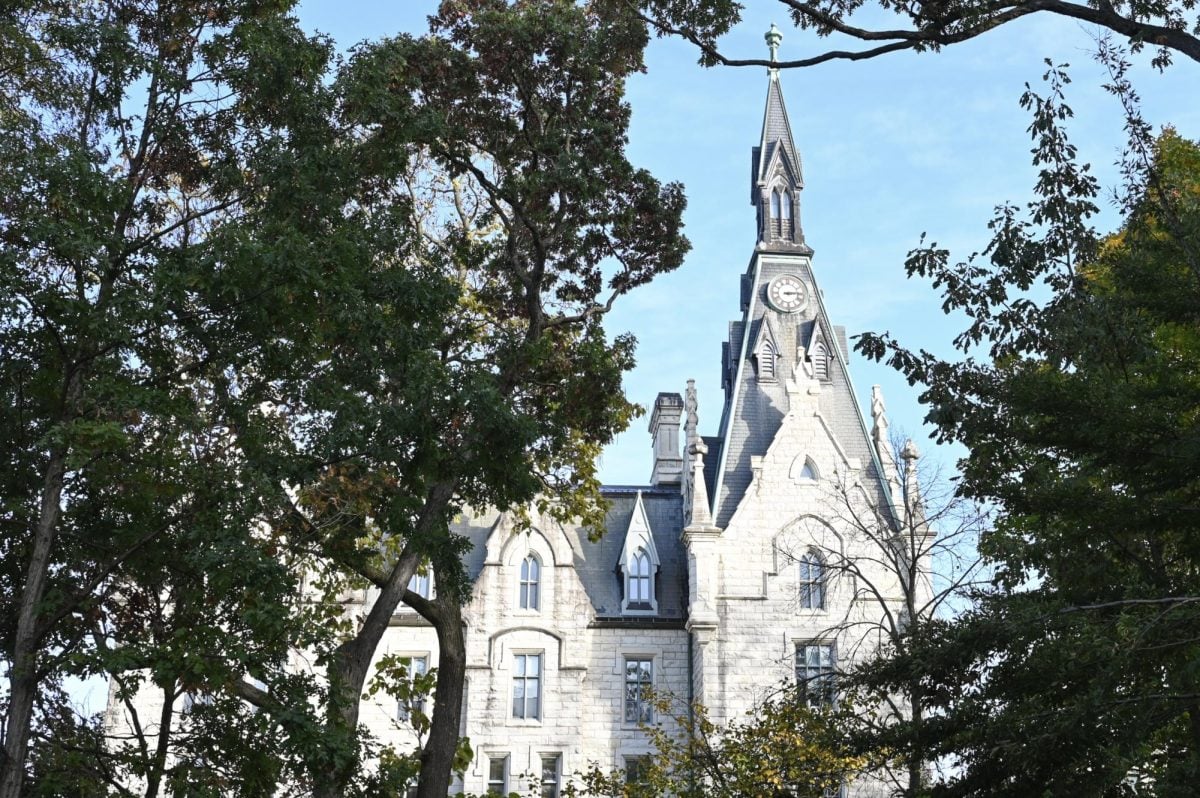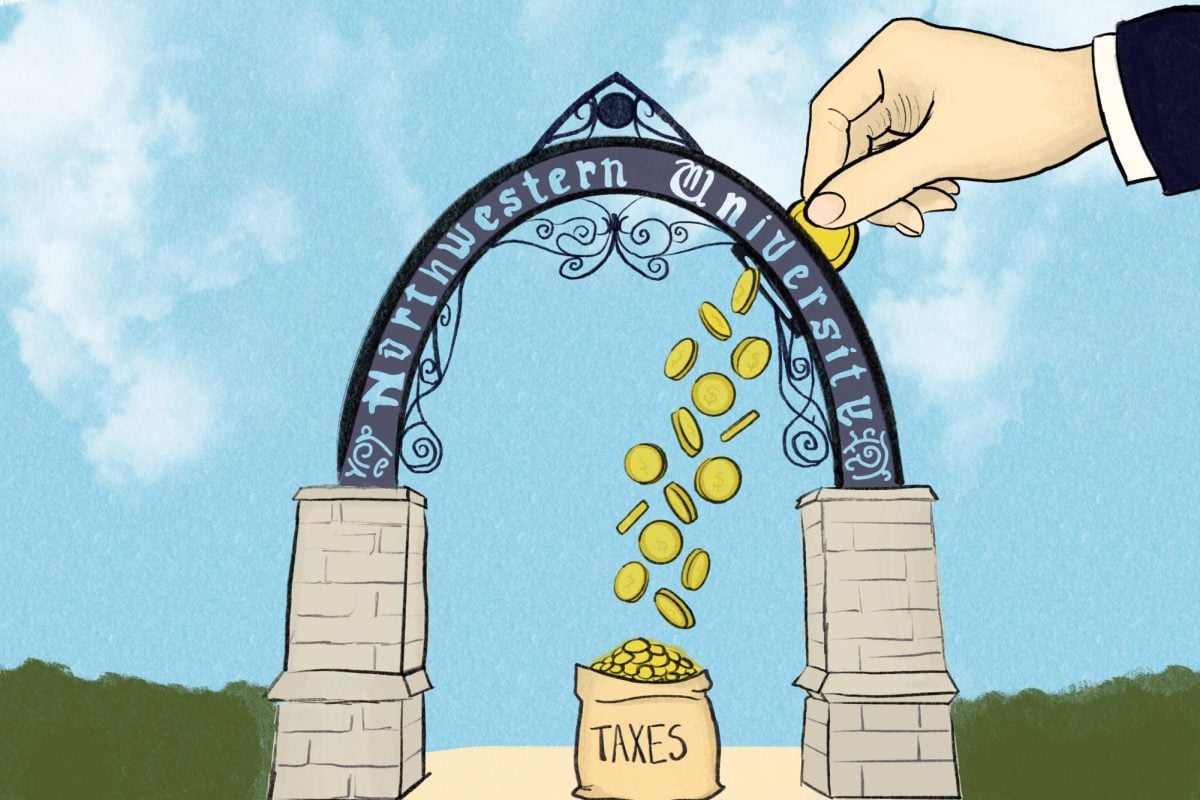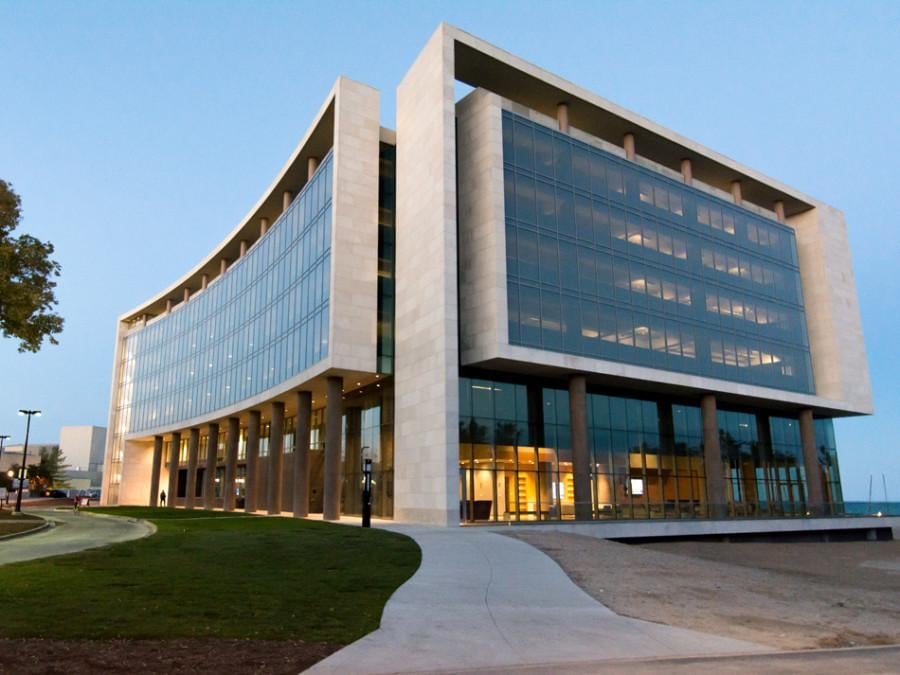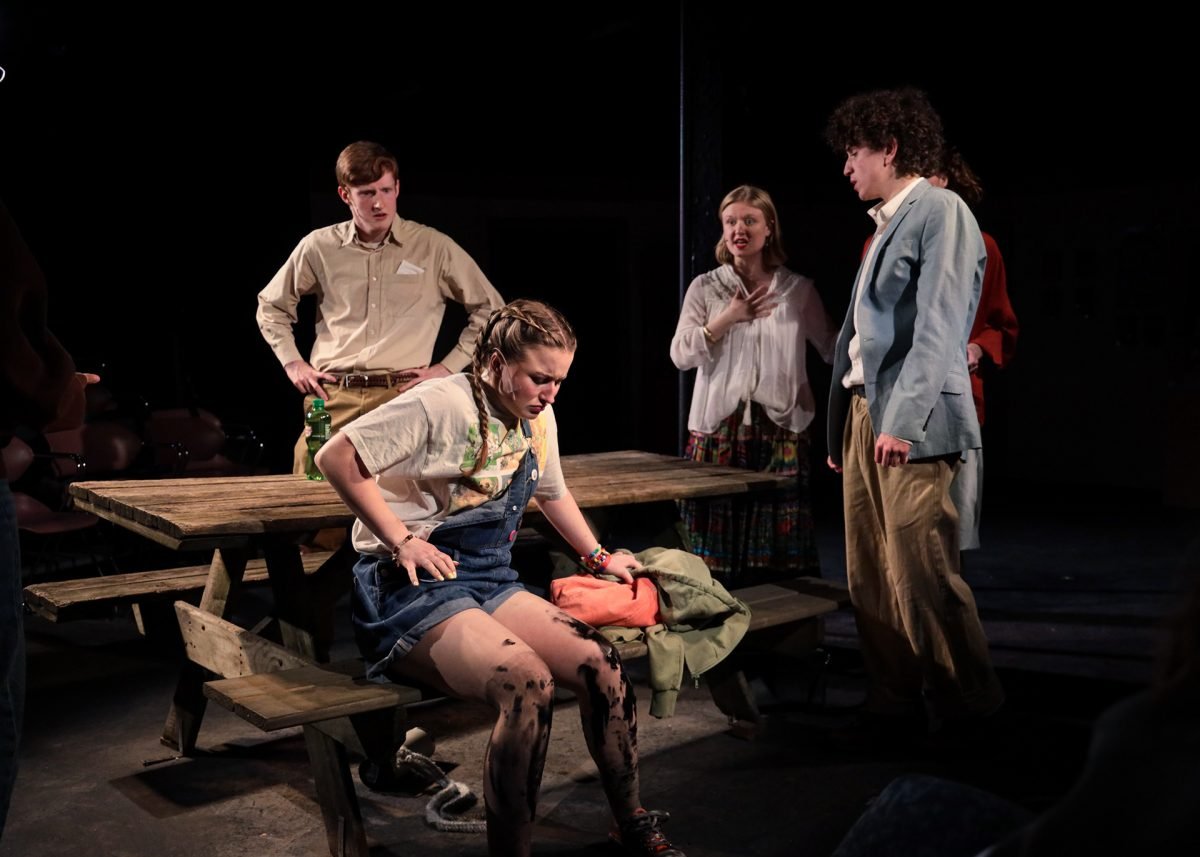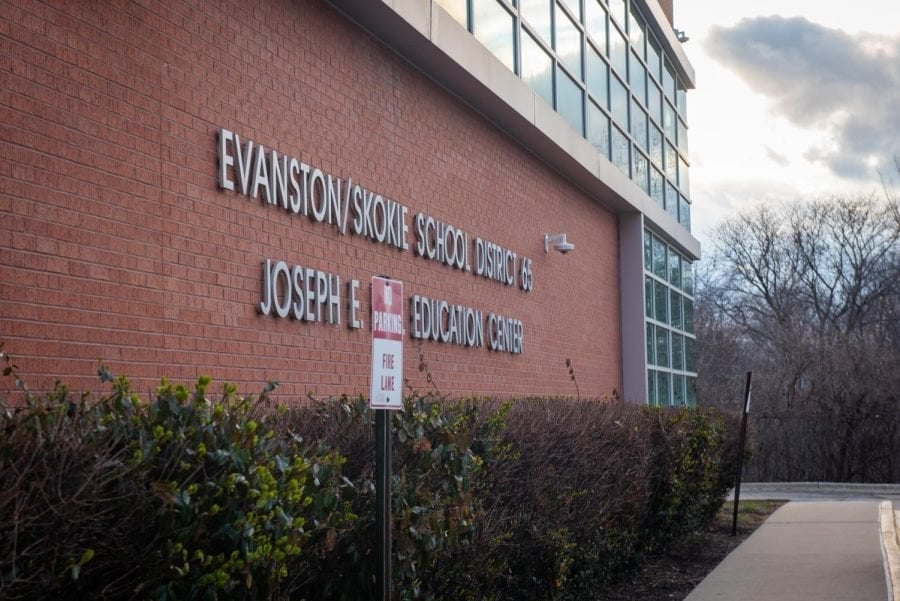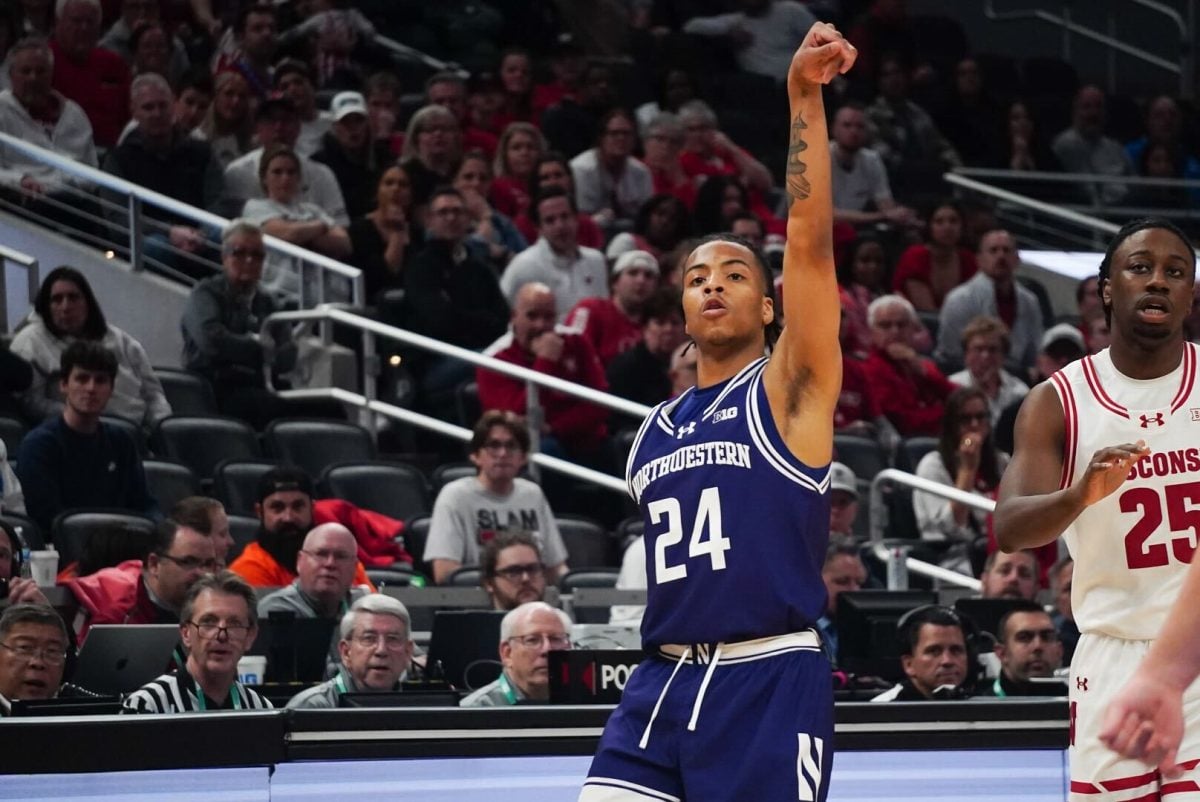Voters belonging to labor unions have long been an important fixture of the Democratic party. However, in today’s political climate, these voters are increasingly being drawn to the Republican party.
When President-elect Donald Trump first entered the political scene, his style of economic populism attracted many working-class voters to the Republicans.
To reckon with this shift in demographics, Trump has continuously worked to appeal to working-class voters, especially during his third campaign for the presidency, experts say.
Several labor organizers and faculty members at Northwestern said a second Trump administration could lead to an environment with fewer safeguards for workers and union leaders and a rollback of key protections put in place under President Joe Biden.
Fourth-year Ph.D. candidate in political science Jack McGovern, a member of the Northwestern University Graduate Workers union, studies the evolution of the Republican Party since the 1960s. He said he found it noteworthy that Trump invited Sean O’Brien, president of the International Brotherhood of Teamsters, to speak at the Republican National Convention in July.
“This was unusual to have a union leader speaking at the Republican Convention, but the Trump administration was generally not favorable to labor unions, not favorable to grad student unions in its first administration, and I don’t think it should be expected to be favorable to unions going forward,” McGovern said.
Many are concerned about what the impending Trump administration could mean for unions. Trump’s political track record has not always aligned with his supportive rhetoric about labor unions.
During his first run as president, most of Trump’s appointments and decisions were not favorable to labor unions and made it easier to decertify them, McGovern said.
Political science Prof. Daniel Galvin, who studies labor policies and labor unions, foresees two ways in which the Trump administration could seriously damage the state of labor unions: supporting legal challenges to labor policies and rolling back progress made toward supporting unions under the Biden administration.
These predictions are in tune with the “movement on the right to try to undermine collective bargaining rights for private sector workers,” he said.
Large companies, including Amazon and SpaceX, are currently challenging the constitutionality of the 1935 National Labor Relations Act in federal court.
Depending on the outcome of this case, Galvin said Trump’s second term could spell the end of collective bargaining for labor unions.
“We might actually see the total elimination of private sector collective bargaining rights,” Galvin said. “That would be pretty major and catastrophic for workers.”
Galvin also forecasts the rollback of many advances toward supporting labor unions that took place under the Biden administration.
Some of these advances include streamlining the union representation process, banning captive audience meetings and passing the Cemex ruling, which created new guidelines for when employers must recognize and engage with employee unions.
“If they do these things that I’ve suggested, it’ll make it that much harder for workers in the private sector to exercise their collective bargaining rights,” Galvin said. “It’s already really hard.”
NUGW President Emma Kennedy said the union is fully aware of these impending threats and has begun to have internal conversations about how to address them.
Along with these conversations, the group also plans to organize trainings to increase involvement due to concerns that Trump will continue to stoke a culture of fear around union elections and union rights.
“We always want to be building our collective power and empowering our co-workers to know that we can stand up and fight against our boss,” Kennedy said. “People need to really remember that our power is in the collective and coming together across industries, across different unions across this country to stand up for our rights together.”
Under Trump’s first term, the National Labor Relations Board, composed of individuals appointed by Trump, attracted criticism from pro-labor groups for making decisions that interfered with the ability of labor unions and workers to participate in collective bargaining.
Despite this record, McGovern remains curious about how Trump’s policy and rhetoric will mesh in his coming four-year term.
“I think what I’ll be watching is whether the policy matches the rhetoric,” McGovern said. “While the rhetoric has suggested that the Republicans are the party of the working class and support aspects of the labor movement, what we haven’t seen yet is whether the policy is going to align under the second Trump administration.”
Members of NUGW also fear potential policies that could affect some of their members more directly.
Mounica Sreesai, a third-year Ph.D. candidate in anthropology, is a NUGW union area chief steward, as well as an international student.
Amid threats made by Trump towards immigrants, Sreesai said many members of NUGW who are also international students are experiencing great anxiety over potential policies under Trump’s administration.
“It’s hard to keep organizing to protect your fellow workers and yourself when there’s such policies,” Sreesai said. “It really restricts my ability to keep myself safe because I cannot participate in this organizing because people are facing disciplinary actions that affect our visa statuses. Obviously, we are going to continue to organize because that’s where our collective strength lies and that’s what’s going to keep us safe.”
Email: leahschroeder2026@u.northwestern.edu
Related Stories:
— Trump’s proposed tariffs conflict with promises to end inflation, NU economics professors say
— Local immigrant organizations pledge to resist Trump’s proposed anti-immigrant policies
— NU faculty experts worry about second Trump presidency in post-election panel

